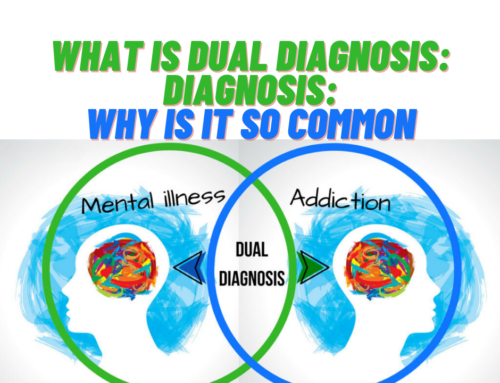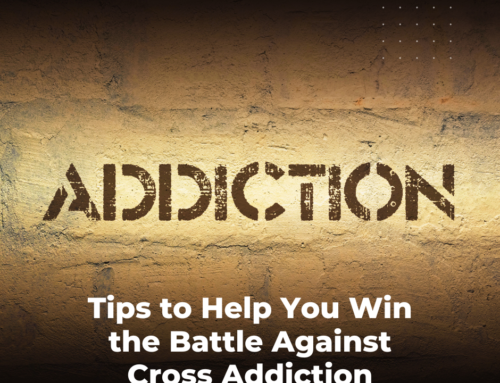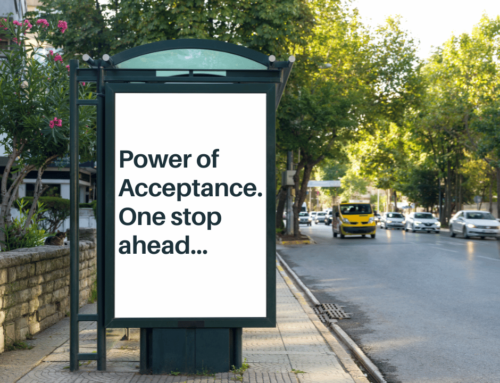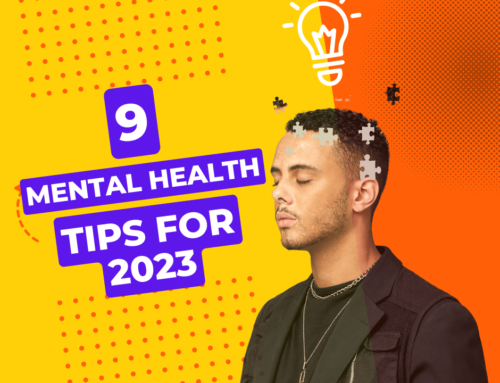It can be a scary and confusing environment living with a parent struggling with addiction. Kids may feel shame and guilt trying to keep the family’s secret, and they may feel abandoned when their parent is not fully available to them. By having a talk with your kids about your struggles with addiction, you and your child will have a closer relationship with each other and be able to heal from the trauma the child’s experiencing.
Educate Your Child
Make sure you are sharing accurate information and keep the conversations age-appropriate. For example, kids younger than 10 tend to think that everything is about themselves, meaning they will blame themselves for their parent’s addiction or believe they did something to cause it.
Reassure your child that you have a disease and do not love them any less.
For tweens, make sure to share the facts of your addiction to prevent them from making their own theories. For teenagers, they may be resentful of what their parent’s addiction took away from the family. Let your child know about the disease and not to experiment with drugs or alcohol, as addiction has a genetic component.
When to Talk to Your Child
As soon as you are aware that your addiction is bothering your child, you need to talk with your child. Choose a time of the day when your child is relaxed. When you do have that talk, make sure that no one else is around to hear you as this is a sensitive subject. Have the empathy and patience you would want your child to have for you. Ask questions to understand their perspective and let them know your addiction is not your child’s responsibility.
What Else to Say to Your Child
Let your child know that they are not alone in their struggles. Many kids have parents that struggle with addiction. Knowing other children experience the same pain and confusion can be comforting to children. You also need to tell your child it is okay to talk about the problem without feeling scared, ashamed, or embarrassed. They do not need to lie, cover for you, or keep secrets. Offer suggestions for different people to talk to, like a teacher, counselor, or members of a peer support group. Going into treatment will provide an excellent example for your child.
Addiction can be a challenging road when you have a child who is aware of your struggles. Kids could be feeling resentment and confusion during this time. It is always important to educate your child on what addiction is like for you and let them know they are not to blame. At Alta Loma, we understand the strain addiction can be on a family. We have the tools to help strengthen the family dynamic through 12-step programs, individualized therapy, family treatment, life and coping skills education, and more. Please give us a call at (866) 457-3843 for more information.



